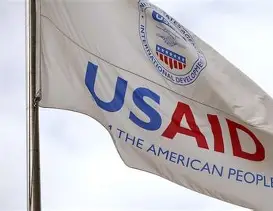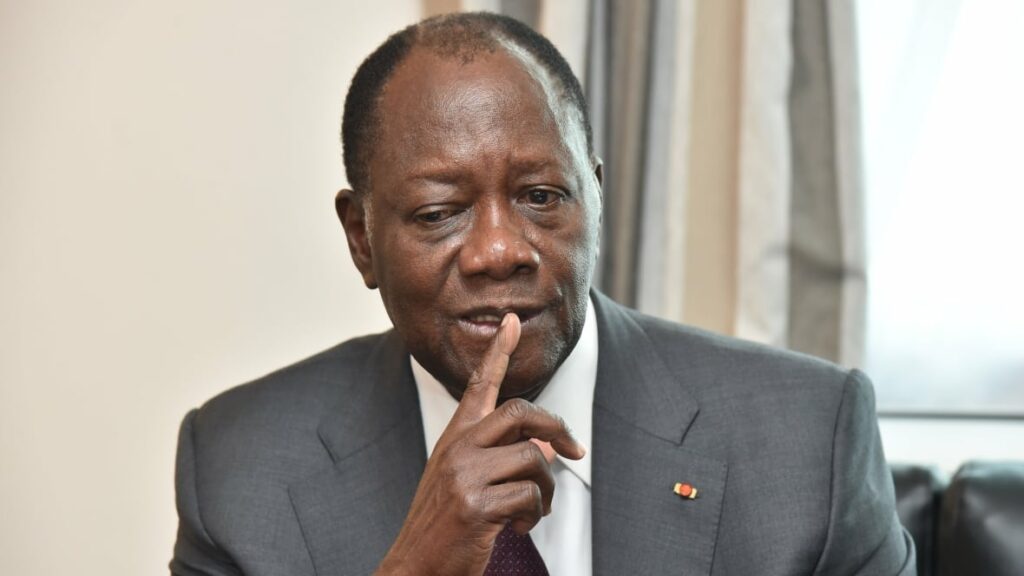The end of USAID: a silent earthquake and a geopolitical shift for Central Africa
Cameroon, Chad, DRC: between the US strategic vacuum and the rise of new global players. On July 1, 2025, the dismantling of USAID (United States Agency for International Development) became effective. This decision, announced in February by the Trump administration, resulted in the elimination of 83% of the agency’s global programs. For sub-Saharan Africa, this is a seismic shift: the region absorbed nearly 40% of USAID’s annual budget, or nearly $7.5 billion in 2023. Cameroon, Chad, the DRC, the Central African Republic, and Congo-Brazzaville are directly impacted. A multisectoral shockwave In Cameroon, more than 127 projects were underway in 2024, mainly in the health (38%), education (21%) and local governance strengthening (17%) sectors. In 2022, USAID was still financing the purchase of 4.2 million doses of pediatric vaccines, supporting 43 local NGOs, and contributing more than 18% of external funding for the fight against HIV/AIDS. “The US withdrawal weakens already precarious systems and creates a vacuum that other powers will seek to fill,” warns Cameroonian political scientist Jean-Paul Nlo’o. Strategic risks and shift in influence This disengagement marks a clear decline in US soft power to the benefit of actors such as China, which is present through its health infrastructure, and Russia, through security training and military cooperation. In terms of economic intelligence, this situation reshuffles the deck: Loss of access to strategic data on vulnerable populations; Reconfiguration of aid and dependency flows (shift towards the BRICS and the Gulf); Opportunity for new private operators to enter the pharmaceutical, digital health, and agri-food markets. Towards resilience under constraint Local economies, already marked by informality (nearly 85% of employment in Cameroon), must adapt. In the absence of USAID, “plan B” mechanisms are being activated: “The next Cameroonian government will have to reposition development aid as a lever of influence and attractiveness, not just a social safety net,” says Mireille Ngako, an economic intelligence expert in Yaoundé. Proposed responses A national repositioning strategy could include: Ultimately, the end of USAID should not be seen solely as a crisis, but as a test of strategic resilience for Central Africa and a window of opportunity to redefine its international partnerships.
The end of USAID: a silent earthquake and a geopolitical shift for Central Africa Read More »




